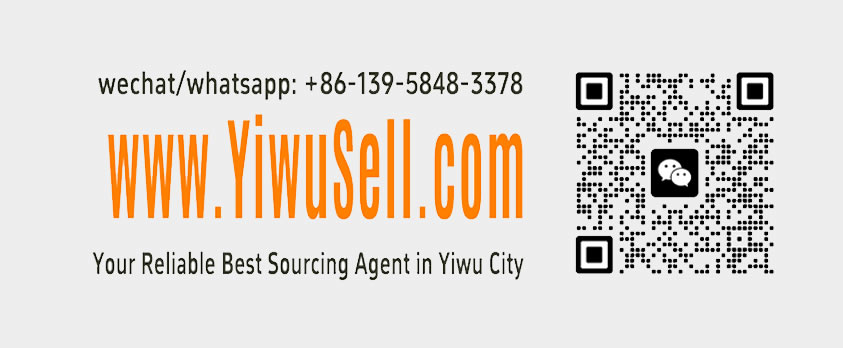What are the main business models in the Yiwu Market?

Yiwu International Trade City is the world’s largest wholesale market
- Wholesale business model
- Bulk purchasing for resale: The most prominent business model in Yiwu Market is wholesale. Merchants from all over the world, including retailers, distributors, and importers, come to Yiwu to purchase goods in large quantities. For example, a small – scale clothing retailer from a European country might come to Yiwu and buy hundreds or even thousands of pieces of a particular style of clothing at a time. These goods are then taken back to their home country and sold in their own stores at a marked – up price to make a profit.
- Low – cost sourcing for volume sales: Manufacturers in Yiwu are able to offer products at relatively low wholesale prices due to economies of scale. They produce a large volume of goods, which reduces the unit cost of production. Wholesalers can take advantage of these low prices to source a wide variety of products and build up inventory. This model allows for high – volume transactions, with some large – scale wholesalers in Yiwu handling shipments worth millions of dollars annually.
- Retail business model
- On – site retail for tourists and local consumers: While the market is known for wholesale, it also has a significant retail component. There are many individual consumers and tourists who visit the Yiwu Market to buy goods for personal use. For instance, during peak tourist seasons, visitors can be seen purchasing souvenirs, small handicrafts, and fashion accessories. Local consumers also frequent the market to buy daily necessities, such as household items and toys, at relatively lower prices compared to other retail stores.
- Small – quantity sales for individuals: Some stalls in the market are set up to handle small – quantity retail sales. They might sell a single piece of a product or a small pack of items. This caters to the needs of individuals who don’t require large volumes of goods but are attracted by the variety and affordability of the products in the market.
- Agent and distributor model
- Regional distribution rights: Many companies in Yiwu appoint agents and distributors. These agents are given the rights to distribute products in a specific region. For example, a toy manufacturer might appoint an agent in a particular Asian country. The agent is then responsible for marketing, selling, and distributing the toys in that country. They build relationships with local retailers and wholesalers to ensure the products reach the end – consumers effectively.
- Product promotion and market penetration: Agents and distributors play a crucial role in promoting the products in different markets. They have in – depth knowledge of the local market conditions and consumer preferences. They work to increase brand awareness and penetrate new markets. In return, they earn a commission or a margin on the sales they generate, which incentivizes them to actively promote and distribute the products they represent.
- E – commerce and online trading model
- Online platforms for global reach: With the growth of e – commerce, Yiwu Market has embraced online trading platforms. These platforms allow merchants to showcase their products to a global audience. For example, the “Yiwu Purchase” platform provides detailed product information, including pictures, specifications, and prices. Merchants can receive orders from customers around the world through these platforms and arrange for shipping.
- Cross – border e – commerce: Many Yiwu – based businesses are involved in cross – border e – commerce. They take advantage of the market’s wide product range and cost – effectiveness to sell to international consumers. This model simplifies the international trade process, enabling small and medium – sized enterprises to enter the global market more easily. They can handle orders, payments, and logistics through integrated e – commerce systems, reaching customers in different countries without the need for a physical presence in those markets.



评论前必须登录!
注册